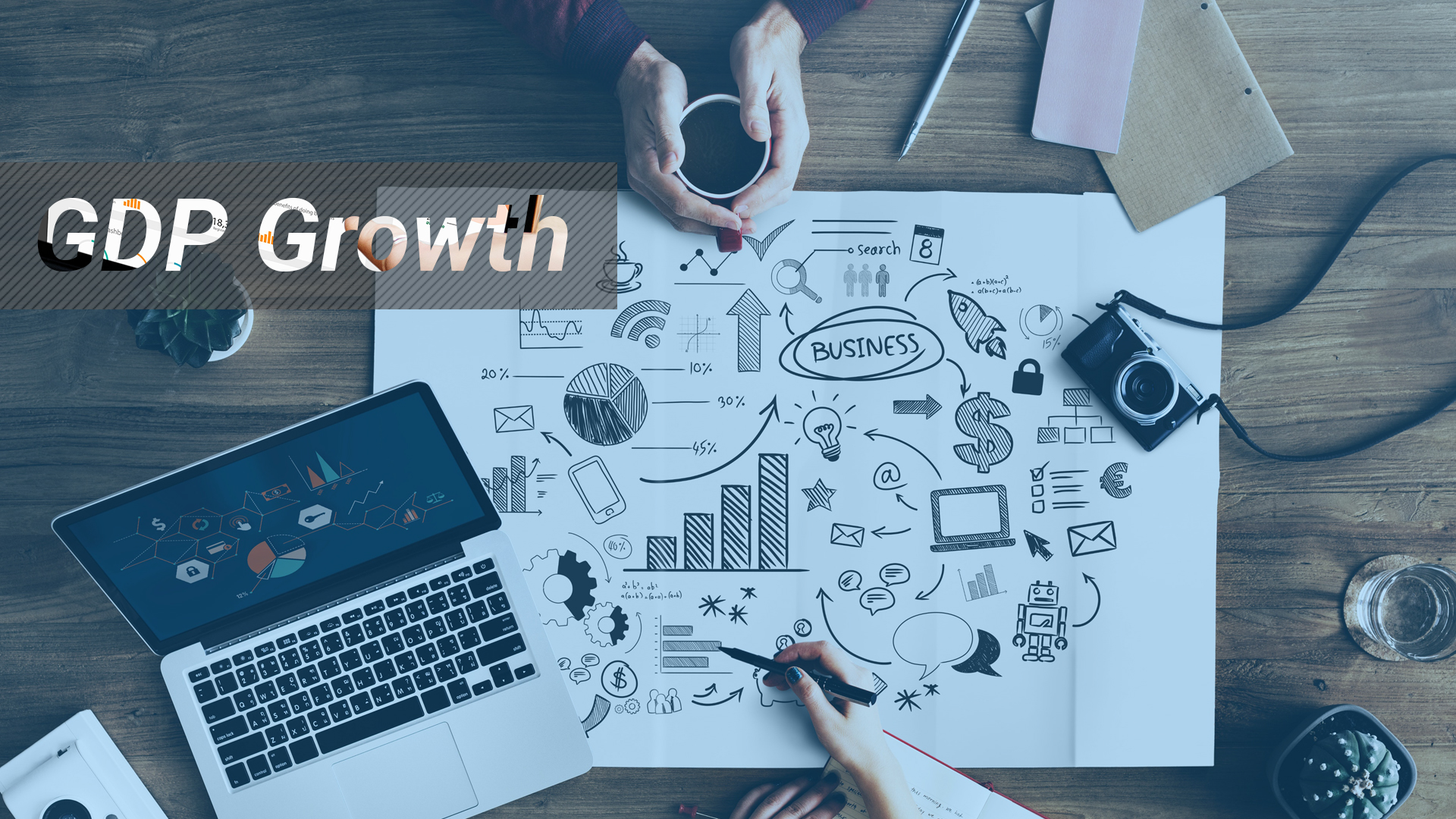Tax measures to hit steel industry, consumers hard

The price of mild-steel rod will go up Tk 10,350 per tonne if the proposed value-added tax and other fiscal measures for next fiscal year come into effect, steel millers said yesterday.
As per the planned VAT and other tax measures spelled out in the Finance Bill 2019, the price of the key construction material will reach Tk 72,050 per tonne, according to Bangladesh Steel Manufacturers’ Association (BSMA).
At present, a tonne of standard MS rod sells for Tk 63,000.
The association said the tax on rod has increased by 138 percent from Tk 1,950 to Tk 4,650 per tonne.
“The steel sector is highly capital-intensive, so any additional tax will create extra burden on the sector,” said Manwar Hossain, president of the BSMA, while addressing a post-budget press conference at National Press Club yesterday.
“The increased VAT and tax will not only affect the infrastructure and housing sectors. It will also hold back the steady growth of the steel sector, disrupt the development of the country and hurt the consumers.”
The BSMA, the Bangladesh Re-Rolling Mills Association, and the Bangladesh Steel Mill Owners Association jointly organised the briefing.
As per the Finance Bill, the VAT on scrap sales will go up to Tk 1,750 from Tk 300, fixed VAT on billet sales to Tk 2,000 from Tk 450 and fixed VAT on rod sales to Tk 2,000 from Tk 450.
The VAT on retail sales will go up to Tk 3,300 from Tk 200.
In total, the total VAT impact will be Tk 9,050 per tonne from Tk 1,400 now, an increase of 546 percent, according to the association.
Manufacturers will also have to pay 5 percent advance tax on raw materials at the import stage – a move that would create additional pressure on working capital.
Manufacturers will also need additional 5 percent in working capital because of the imposition of 5 percent in advance tax (AT).
In order to mobilise the funds, they will have to turn to the banking sector, further deepening its liquidity crisis, Hossain said. The loans will turn bad if steelmakers fail to repay bank loans on time amid the increased production cost, he said.
He alleged that the National Board of Revenue (NBR) assured the association during pre-budget discussions that it would not impose any additional tax next fiscal year.
Still, the NBR imposed the tax and VAT, he said.
Zahir H Chowdhury, vice-president of the association, said the proposed income tax would be collected as minimum tax.
He said tax never boosts turnover – rather it was the other way around. So, the government should not impose advance tax.
The steel millers recommended the government increase the total VAT on rods to Tk 2,250 from Tk 1,400 per tonne to keep its price within customers’ purchasing capacity. Still, the increase will be 61 percent.
If the proposed VAT and other taxes are implemented, it would directly and indirectly hurt 3,600 sub-sectors allied with the steel sector.
The association itself recommended raising VAT and taxes. It proposed increasing VAT on billet sales to Tk 750 from Tk 450 per tonne; fixed VAT on rod sales by manufacturers to Tk 750 from Tk 450; VAT on scrap sales to Tk 450 from Tk 300; and VAT on retail sales to Tk 300 from Tk 200.
The BSMA demanded withdrawal of AT on import stage.
On the tax measures, the association said the advance income tax should be fixed at Tk 300 per tonne and the tax at source should be adjustable.
Bangladesh’s steel consumption rose more than three times in the last one decade on the back of economic activities, urbanisation and a host of under-construction major infrastructure projects. It was 16 lakh tonnes in 2008 and now stands at 55 lakh tonnes.
Mohammed Shahidullah, secretary-general of the BSMA, Md Mahbubur Rashid Jewel, chairman of Julfikar Steel Re-Rolling Mills, and AA Mohammad Hossain Khokon, general secretary of the Bangladesh MS Rod & Steel Malik Samity, also spoke at the programme.
